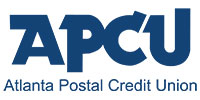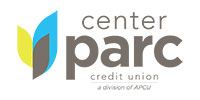
You may be wondering what is the safest way to handle a situation where you are selling or buying something of substantial value and the only way to pay or be paid is by check. For example, you might be buying or selling furniture through Craigslist, or buying or selling a car to someone you don’t know. You or the purchaser may request a more secure form of payment than cash or a personal check. And, even if you’re purchasing from a company, many businesses will no longer accept personal checks because of the potential for fraud.
Cashier’s checks and certified checks might be the best option for you to handle large sums for purchases. Both types of checks are much safer than personal checks because they are guaranteed by the credit union or bank and are less susceptible to fraud. Cashier’s checks are generally considered the safest because the funds are drawn from the financial institution’s account instead of a personal account.
How to get a Cashier’s Check and Certified Check:
- Cashier’s Check: You will need to transfer funds from your checking or savings account into the financial institution’s own account (plus a predetermined fee). A representative then issues the cashier’s check with the Financial Institution’s name and account information, as well as the names of the payee and remitter (person receiving the check). Upon deposit by the recipient, the funds are typically available to the payee by the next business day.
- Certified Check: The money is drawn directly against your personal checking account, and your name and account number appear on the check. In addition to your signature, a financial institution representative will also sign the check, and it will have the words “certified” or “accepted” printed on it. The credit union or bank is essentially guaranteeing that you have the funds for that check and may put a hold on those funds until the check clears.
Both cashier’s checks and certified checks are considered “official” bank checks – so be certain which is preferred by you or the other party. It is also not unusual for an “official” check to require some fees for the financial institution to create for you.
While both check options significantly reduce the risk for fraud, the risk is still there. If you have any concerns regarding fraud when receiving such a check, contact and work with your financial institution immediately to get their assistance.











